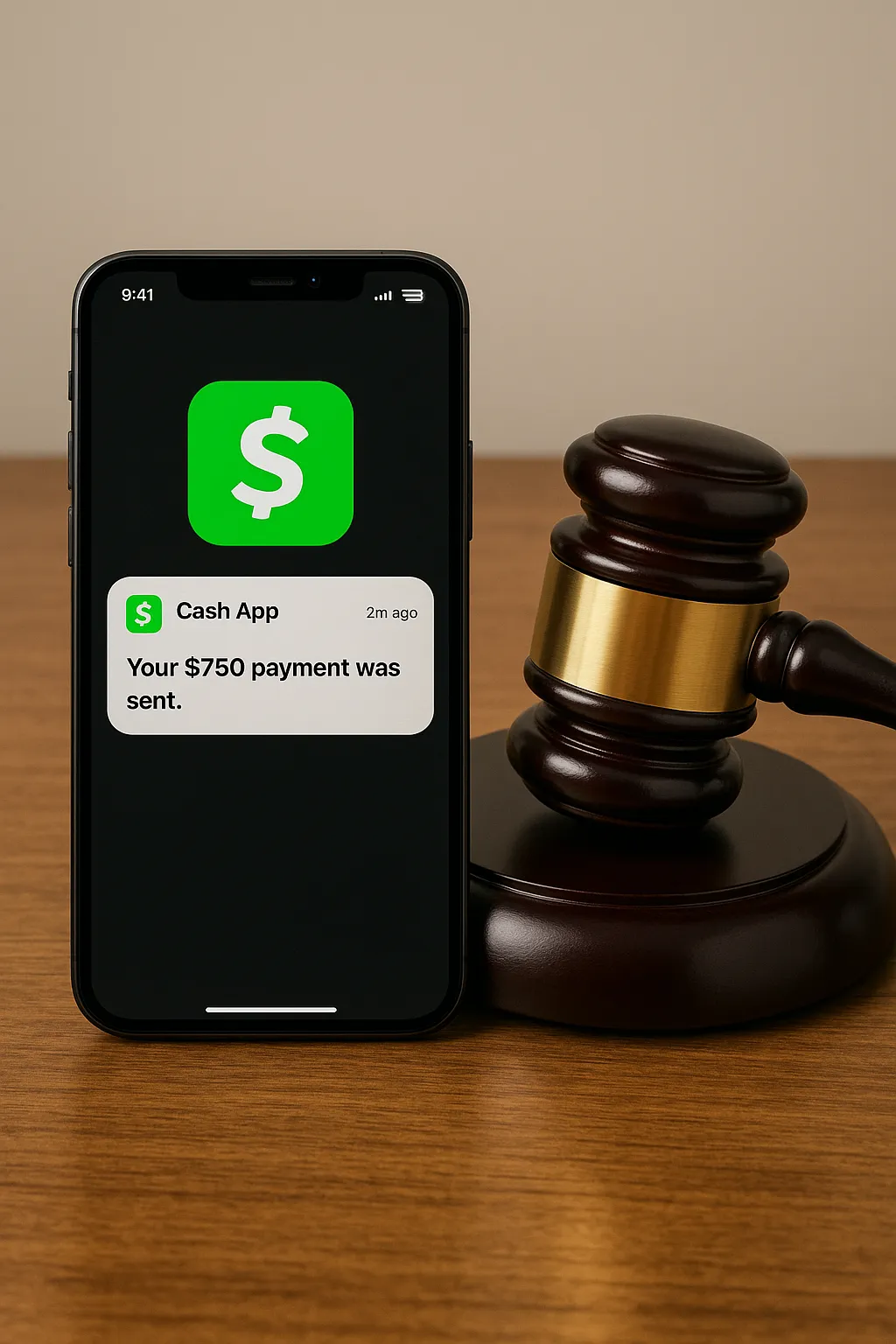Cash App Agrees to $12.5 Million Settlement Over Unsolicited Texts

OAKLAND, Calif., Sept. 17, 2025 - Cash App’s parent company, Block Inc., has agreed to a $12.5 million class-action settlement to resolve claims that it sent unsolicited “Invite Friends” referral texts to Washington residents without clear consent.
Nut Graf: The settlement, preliminarily approved on Sept. 16, addresses alleged violations of the Washington Consumer Electronic Mail Act and Consumer Protection Act, potentially paying each eligible recipient between $88 and $147. It comes amid growing scrutiny of fintech marketing practices and data-privacy compliance.
Key Settlement Terms
- Eligible class members: Washington residents who received a Cash App referral text between Nov. 14, 2019, and Aug. 7, 2025.
- Estimated payouts: Pro-rated awards of roughly $88-$147 per person, depending on claim volume.
- Claim deadline: Oct. 27, 2025 for exclusion or objection; final approval hearing set for Dec. 2, 2025.
Settlement Background and Scope
Block was sued in November 2023 by Kimberly Bottoms, alleging that Cash App’s referral-program texts violated state laws by reaching users without affirmative consent. The lawsuit argued that these messages amounted to unsolicited commercial electronic mail and deceptive consumer practices.
Under the proposed settlement, Block neither admits wrongdoing nor liability but agrees to fund a $12.5 million pool to resolve all claims. Notices will be mailed and emailed to identified class members within 30 days of preliminary approval.
Impact and Next Steps
- Notice distribution: Within 30 days of Sept. 16 preliminary approval.
- Claim filing: Available online and by mail via a court-authorized website; recipients must provide a phone number listed in Block’s text records.
- Final hearing: Set for Dec. 2, 2025 before U.S. District Judge Marsha J. Pechman.
This settlement follows several high-profile Cash App legal actions in 2025, including a $175 million CFPB enforcement resolution over security protocols and a separate $15 million data-breach class action. The outcome underscores ongoing regulatory and consumer challenges in fintech marketing and privacy practices.
Categories
Autos and vehicles Beauty and fashion Business and finance Climate Entertainment Food and drink Games Health Hobbies and leisure Jobs and education Law and government Other Politics Science Shopping Sports Technology Travel and transportationRecent Posts
Tags
Archives
08/19/2025 (3) 08/20/2025 (40) 08/21/2025 (27) 08/22/2025 (22) 08/23/2025 (4) 08/24/2025 (21) 08/25/2025 (30) 08/26/2025 (24) 08/27/2025 (29) 08/28/2025 (16) 08/29/2025 (9) 08/30/2025 (13) 08/31/2025 (17) 09/01/2025 (167) 09/02/2025 (124) 09/03/2025 (149) 09/04/2025 (112) 09/05/2025 (72) 09/06/2025 (169) 09/07/2025 (162) 09/08/2025 (150) 09/09/2025 (176) 09/10/2025 (194) 09/11/2025 (194) 09/12/2025 (186) 09/13/2025 (207) 09/14/2025 (159) 09/15/2025 (175) 09/16/2025 (198) 09/17/2025 (196) 09/18/2025 (196) 09/19/2025 (207) 09/20/2025 (129) 09/21/2025 (4)